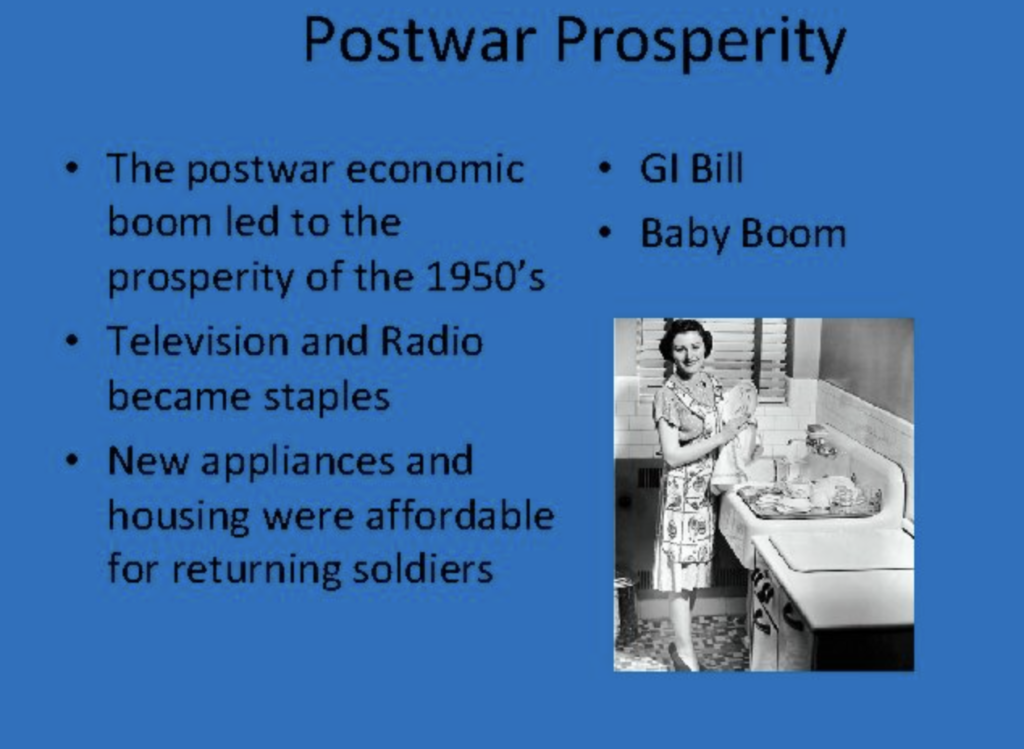“Not one of us ever grows up to be what he intended to be. Not one of us fulfills his own expectations. We are all our own children, in that sense. At some point, somewhere, we have to stop making demands.”
Sometimes we find profundities where we least expect them.
I was sailing through my umpteenth reading of John D. MacDonald’s Travis McGee series when I came across this near the end of “The Green Ripper.”
God, I miss John D. He has been gone more than 35 years and he died way too soon. I always thought there would be at least a half dozen more McGee adventures, but he died younger than I am now. I think I miss him more than I miss Robert B. Parker. At least other good writers have continued his work.
But McGee and his friend Meyer have gone over the horizon and will never return.
It’s ironic, though. If you read the quote carefully, it isn’t the first part that’s profound. I don’t know anyone who has had the life they hoped for when they were young. One of my two closest friends in the world used to say when he was young that those who can’t do, teach.
And Woody Allen added that those who can’t teach, teach gym.
The last thing my friend wanted — except maybe for being Rush Limbaugh’s towel boy — was to be a teacher.
So of course that’s how he ended up. Teacher, not towel boy.
Is he his own child in that sense? Am I my own child?
As a child, I never imagined myself as a journalist. I’m not exactly certain how I did imagine my future that’s now my past, but I know one thing. Until my late twenties, I never picked a goal and worked hard to achieve it. In that respect, I feel like I was a spectator in my own life.
In a way, I had too many options. I think it was like that for a lot of people in our generation. Our parents had grown up in a time of poverty and they did what they had to do just to be able to put groceries on the table until the war changed things.

When our fathers came back from Europe and the Pacific and started families, they took pride in being able to provide for their children in a way their fathers hadn’t been able to do for them.
We got bicycles, Cub Scout uniforms and good food on the table every night. We got new houses built after the war and unless we were in really big families, we got our own bedrooms.
Few of us were asked to work to help put food on the table, and we didn’t have to grow Victory Gardens or do without anything to do our part for victory.
Get good grades, do one or two chores and enjoy life.
Add television into that and you’ve got the ’50s.
I’m not trying to say our whole generation went off track. My oldest friend from high school was fourth in our class of 800. He went to Princeton and did graduate study at MIT, and my friend who became a teacher earned a Masters Degree at the prestigious USC film school before tackling the movie business. That he didn’t have much success is more about the business than about him.
More than anyone I know, I’m the one who didn’t get through. I had a career that peaked slightly above mediocre and ended far too soon.
But I’m learning that there’s nothing to be gained from continuing to obsess about things that happened decades ago. I’ve had a better life than I probably deserved, but I’ve been a good husband and father and I’m working at being a good grandparent.
I’ll never be Travis McGee, but I can still listen to the words of his friend Meyer.
I can stop making demands.

